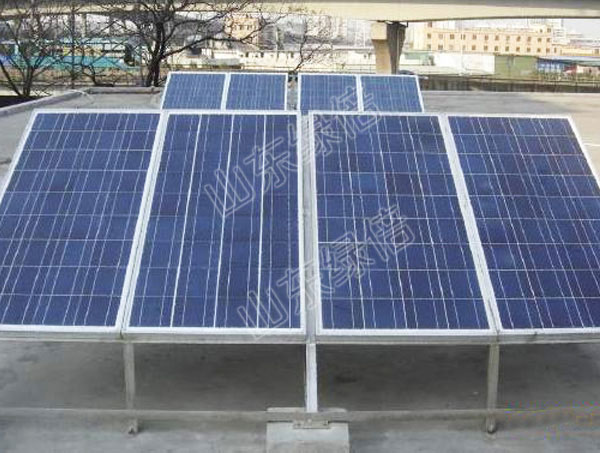How Do Solar Panels Store Energy Correctly?
Label:
solar panel
solar
Solar panels are devices that directly or indirectly convert solar radiant energy into electrical energy through photoelectric or photochemical effects by absorbing sunlight. The main material of most solar panels is "silicon", but due to the high cost of production, it There are certain limitations to universal use. Compared with ordinary batteries and rechargeable batteries, solar batteries are more energy-saving and environmentally friendly green products.
Electrochemical energy storage devices, usually called batteries, are also called secondary batteries. The main difference between it and the primary battery is that it can perform a reversible reaction under the condition of providing external electric energy after being discharged, and restore to the initial state by charging. A common feature of electrochemistry is that they both generate electricity by reacting two electrodes immersed in the electrolyte. One of the electrodes is a positive electrode, which accepts electrons, and the oxidant is reduced; the other electrode is a negative electrode, which releases electrons, and the reducing agent is oxidized.
The battery pack is a module composed of some identical battery cells combined in series and parallel. As the energy storage device of solar photovoltaic power station, the battery pack is used to convert the direct current converted from solar radiation energy into chemical energy and store it for supply.
